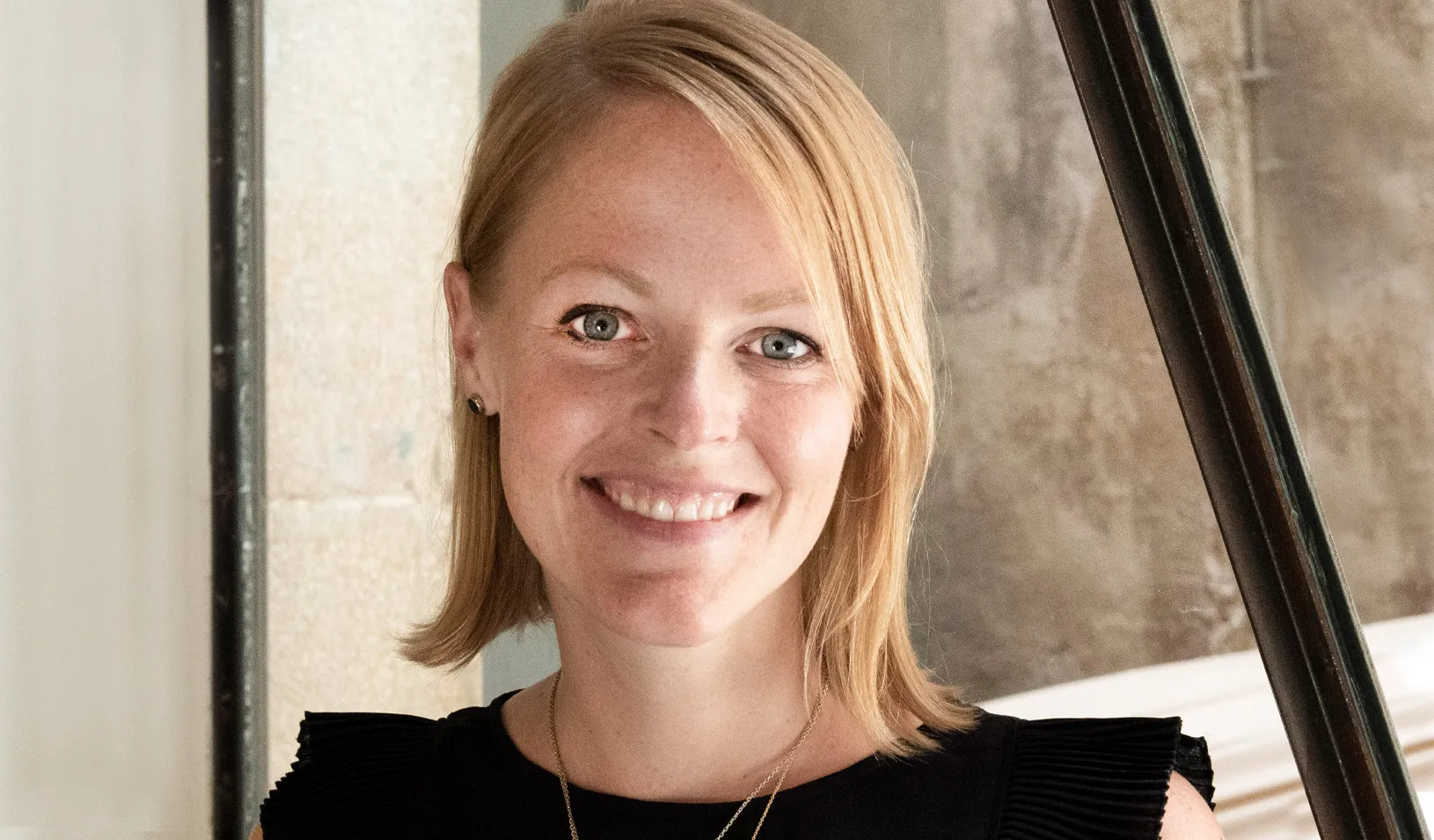Lessons Worth Knighthood
Sir John Browne, the CEO of BP who helped transform the debate over climate change, was honored with the school's highest alumni honor, the Arbuckle Award.
March 13, 2001
In 1997, the chief executive of a global company chose Stanford to announce his commitment to becoming an active, concerned participant in dealing with the potential problem of global warming. That speech transformed the debate over climate change because the executive was John Browne of British Petroleum, the first major energy company to acknowledge that human activities may be altering Earth’s climate.
When Sir John, Sloan ‘81, returned to campus March 6 to accept the Ernest C. Arbuckle Award, the Business School’s highest honor, former dean Michael Spence noted that as BP’s leader for six years, Browne had transformed the company into the world’s second largest gas and oil company, tripling its stock price and twice reporting the largest quarterly profit ever by any company in any industry. Knighted by Queen Elizabeth II in 1998, Sir John introduced technology that allowed better mapping of oil and gas resources and led BP’s mega-mergers with Amoco and Arco.
Browne also has been devoted to the School, where he has served on the Advisory Council, talked with the Sloan class every year, and participated the launch of the School’s first global management course by allowing BP to be the subject of three of its first case studies.
During his Arbuckle speech, Sir John reflected on lessons he learned at the School and through 10 years of work experience in the United States. It was on this side of the Atlantic, he said, that he learned the importance of trust that is “not based on your background but on a track record of performance,” and that “real performance standards” for individuals are “the key to releasing talent.” The School also taught him that management should be “holistic” and about the “positive difference that people make” because of their diverse talents, characters, and behaviors. Having lived through a series of mergers, he said he has concluded that “a takeover, if it is just a transfer of assets from one owner to another with the people left behind and laid off, is always going to be suboptimal.”
The soft-spoken Browne also picked up “the spirit of the frontier” here. That optimism was useful, he said, when thinking about environmental problems. “Denial is the wrong response, but so too is despair.
“There is no place better than Stanford to understand the potential of technical progress and the momentum for change which can be created when you link the drive of business with pathbreaking scientific research.”
For media inquiries, visit the Newsroom.
Explore More
Erin Nixon Joins Stanford GSB as Assistant Dean of Admissions

Nia Rose Froome, MBA ’23: Making Local, Fresh Food Available for All

New Research Fund Promotes Responsible Leadership for the Next Century
